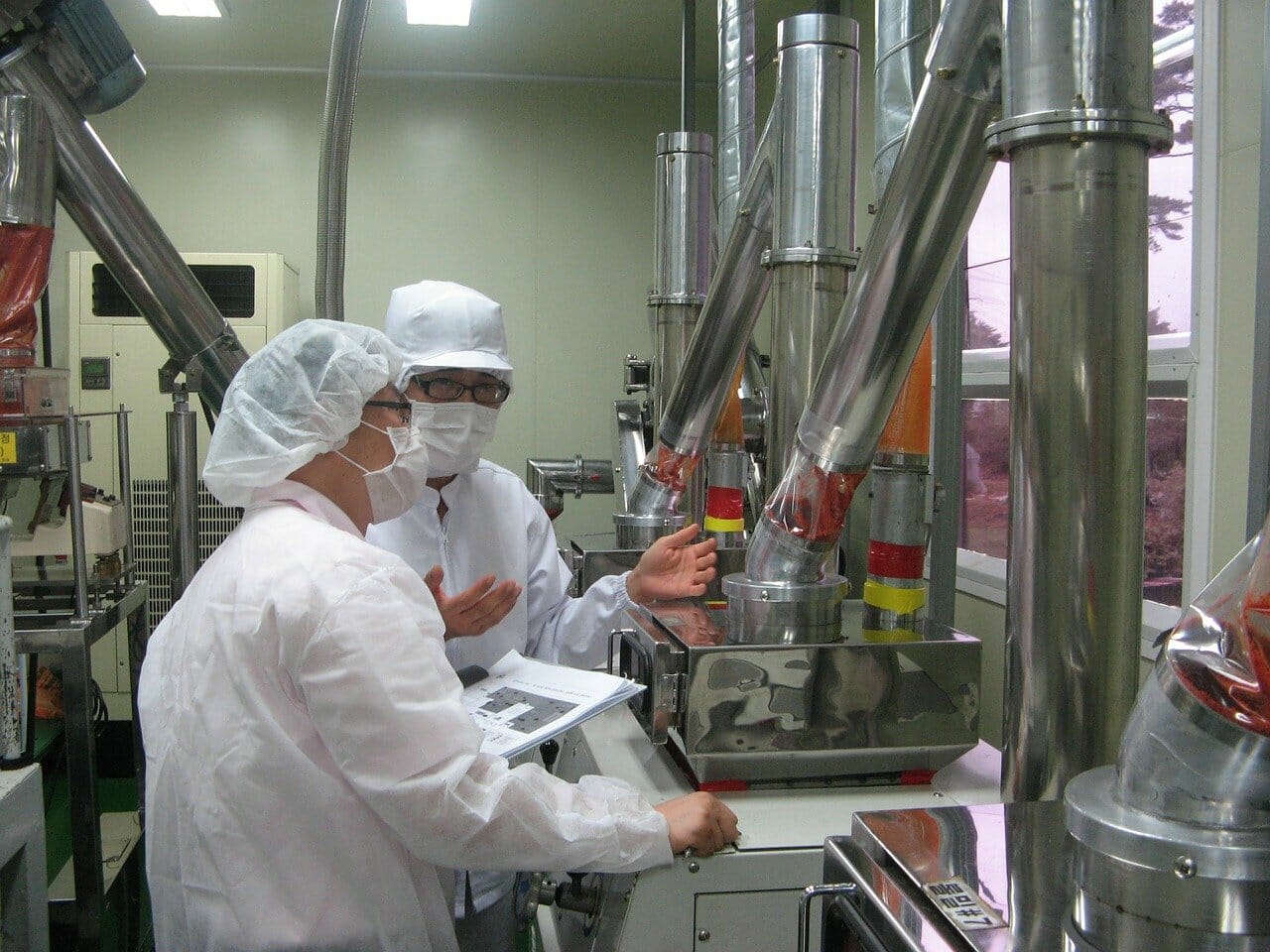~ Exploring innovations in polymer-based lubrication for the food industry ~
With 13 per cent of bearing failure attributed to lubrication factors, bearing lubrication is a fast-evolving area of research, supported by academics and industry alike. Here, Chris Johnson managing director of EZO bearings supplier SMB Bearings, explains how new innovations in polymer-based lubrication could increase lubrication life, while reducing maintenance needs and contamination risks for food processing plants.
Food production is ramping up and reliability in the food chain has never been more important. Food and beverage managers rely on lubrication as the lifeblood to all rotating equipment, which keeps the food production wheels turning. Lubricants used in food and beverage plants must perform the same technical functions as a lubricant in any other industrial application, but crucially, they must also adhere to strict food safety standards.
Does your lubricant make the grade?
Historically, plant managers have had to sacrifice performance to adhere to food health and safety requirements. After all, contamination can lead to product recalls, halted production and spiralling costs. Most importantly, however, it is a threat to the health of the customer and unfortunately, contamination is on the rise. The Food Standards Agency (FSA) reported that in the year ending March 2019, there was a 36 per cent increase in allergy and food alerts in England, Wales and Northern Ireland.
Contaminants can enter the food chain from many sources, such as contaminated land or water, handling and storage — and, less commonly, lubrication. Chemical contamination can occur through unintentional contact with unsafe lubricants and greases used in machinery.
While the Rapid Alert System for Food and Feed (RASFF0) is a key tool to ensure a swift reaction when risks to public health are detected in the food chain, a better option is to minimise risks in the first instance and plant managers can do this by ensuring they comply with food-grade lubricant regulations.
To prevent contamination, NSF International, the primary certification agency for lubricants used in food and beverage plants, classifies lubricants into three categories: H1, H2 and H3. The important distinction of food grade lubricants is that their unplanned contact with food and beverage products will not contaminate the item. Lubricants used in food processing machinery must be formulated to be innocuous in taste and odour and should not pose any kind of health risk to consumers should contamination occur.
Safety doesn’t need to compromise machine performance
A lubricant provides a thin film between the contact areas in a bearing to reduce friction, dissipate heat and inhibit corrosion on the balls and raceways. This is hardly a new concept, but exciting innovations in food-grade lubricants are helping facilities to enhance their production efficiency and extend their equipment service life, while reducing the risk of lubricant contamination to food and beverage products.
Food-grade lubricants are effective under severe food processing operating conditions, such as exposure to high-pressure water jets, caustic and acidic chemicals, chlorine-based sanitisers and extreme temperatures. This means that lubricants must be resistant to wash-out and spray-out if they are to protect machinery from wear, rust and corrosion.
Ball bearings are traditionally lubricated with grease and oils, but this requires maintenance, leading to additional costs. Another potential issue is over-lubrication, which can result in bearing lubrication leaking out and contamination occurring. So, what is the alternative?
Polymer solid lubrication
An alternative option to greases and oils is polymer solid lube (PSL), which is gaining traction with food and beverage facility managers. PSL is a microporous polymer structure loaded with oil that fills the free volume in the bearing between the races, rolling elements, and cage. During bearing rotation, the solid polymer releases the appropriate amount of oil to lubricate the rolling elements and raceways.
Solid lubricants tackle various problematic scenarios in food processing, reducing the risk of leakage, reducing costs associated with relubrication and downtime caused by cleaning or bearing failure. What’s more, there are various PSL grades available to suit specific conditions such as extreme temperatures or extreme chemical resistance.
For example, all-purpose food grade PSL have an operating range from -45°C to 93°C. In mechanical freezer applications, where low temperature operating conditions are required, PSL is an effective choice to minimise maintenance. In addition, solid lubricants can act as an additional barrier to protect against larger particles entering the bearing, extending bearing service life.
Innovations in food-grade lubricant mean that today’s food and beverage plant managers no longer need to walk the line between equipment performance and food safety. Investing in an innovative food-safe lubricant for your equipment is a small price to pay to avoid the potential financial disruption of food product contamination.
For further information about SMB Bearings’ food grade bearings and lubricants, visit the website. If you would like to find out more about the food-grade relubrication service, contact a specialist at sales@smbbearings.com.







